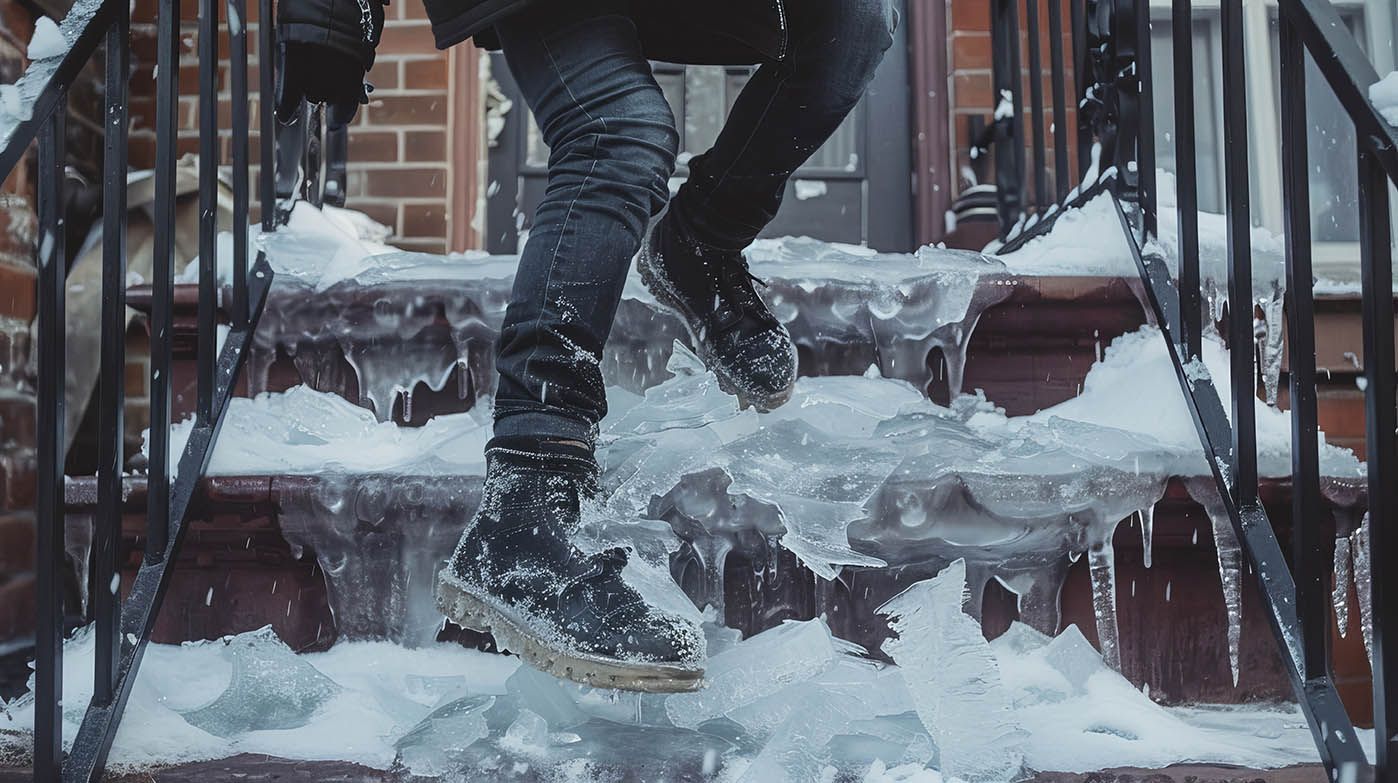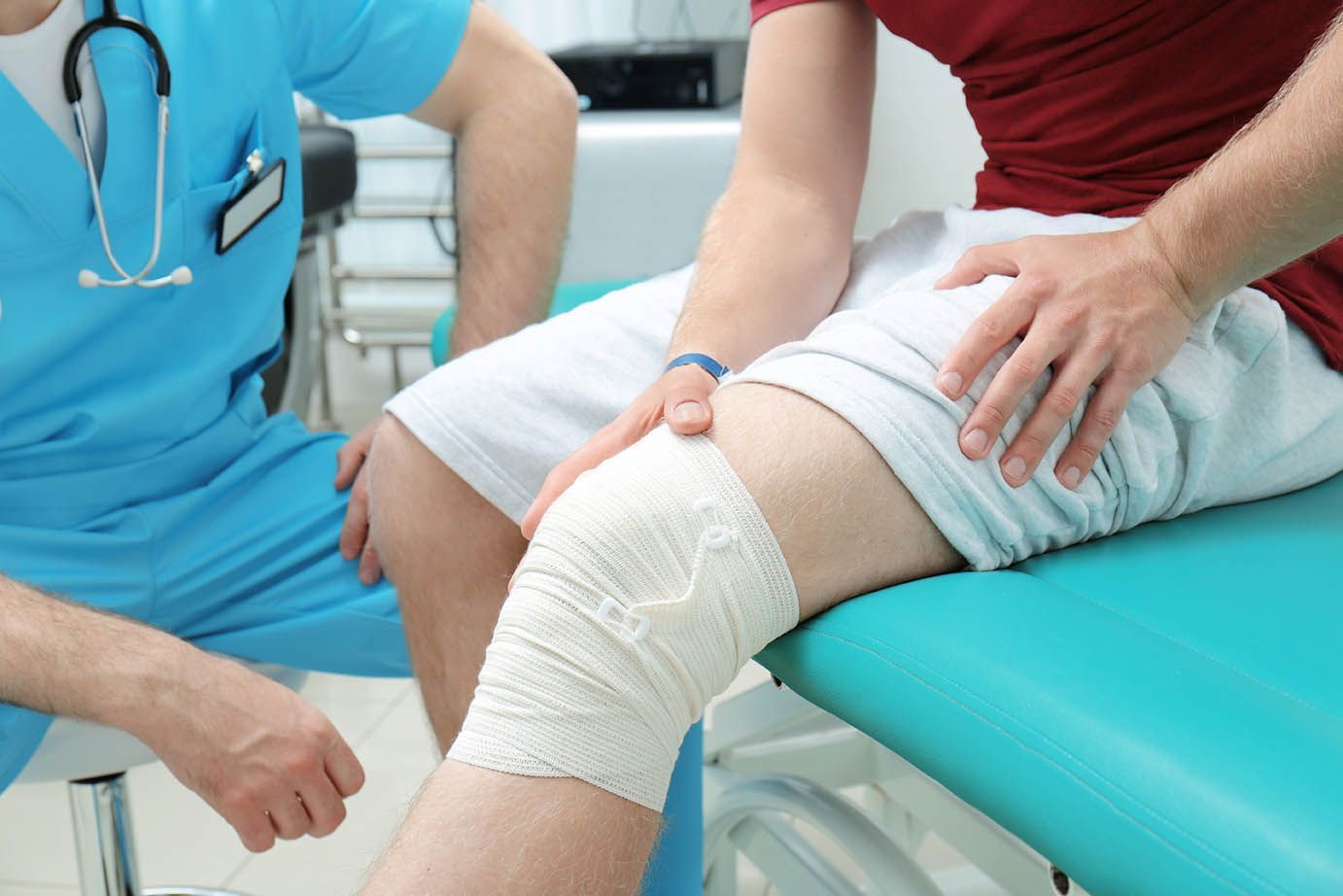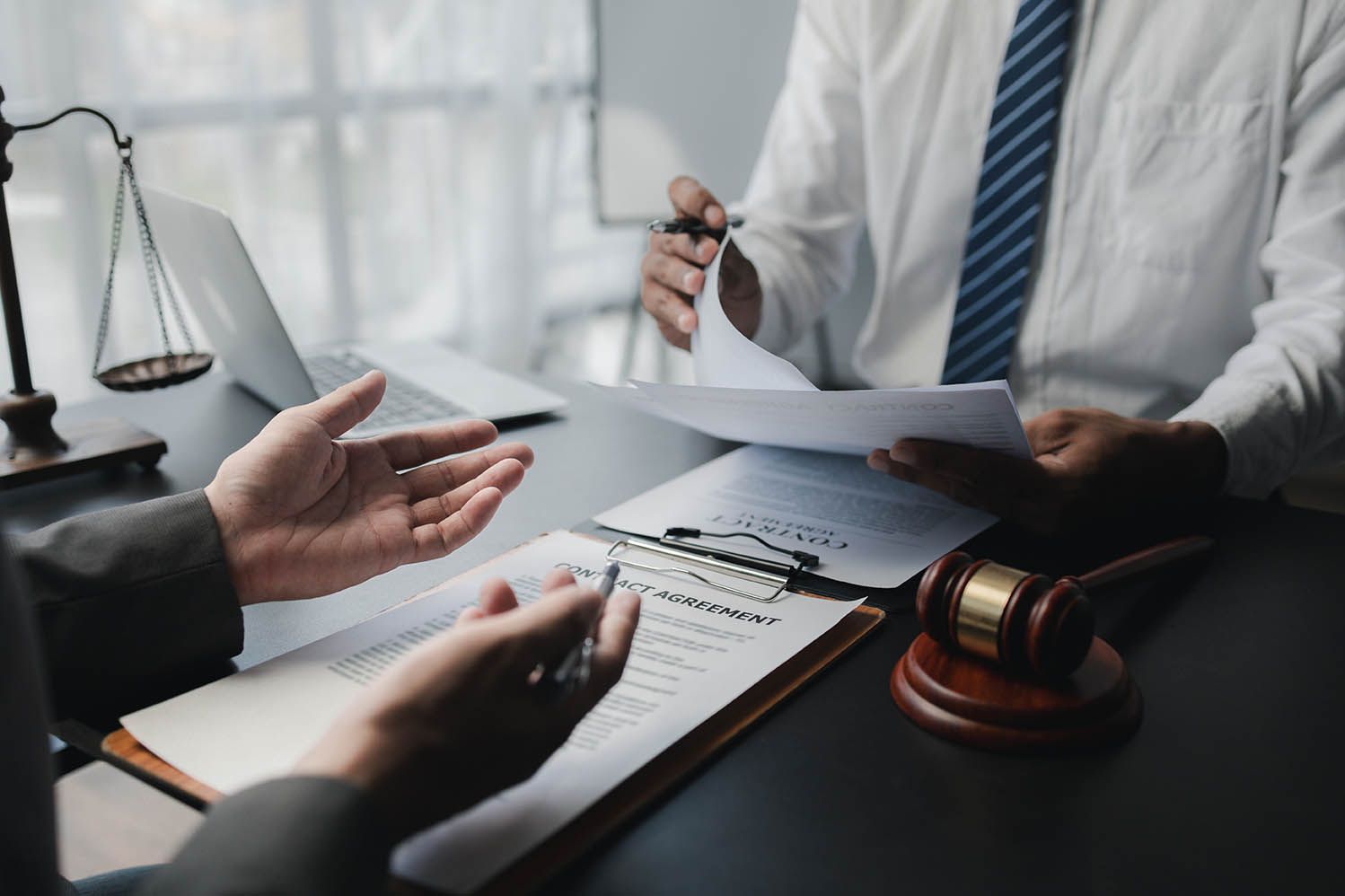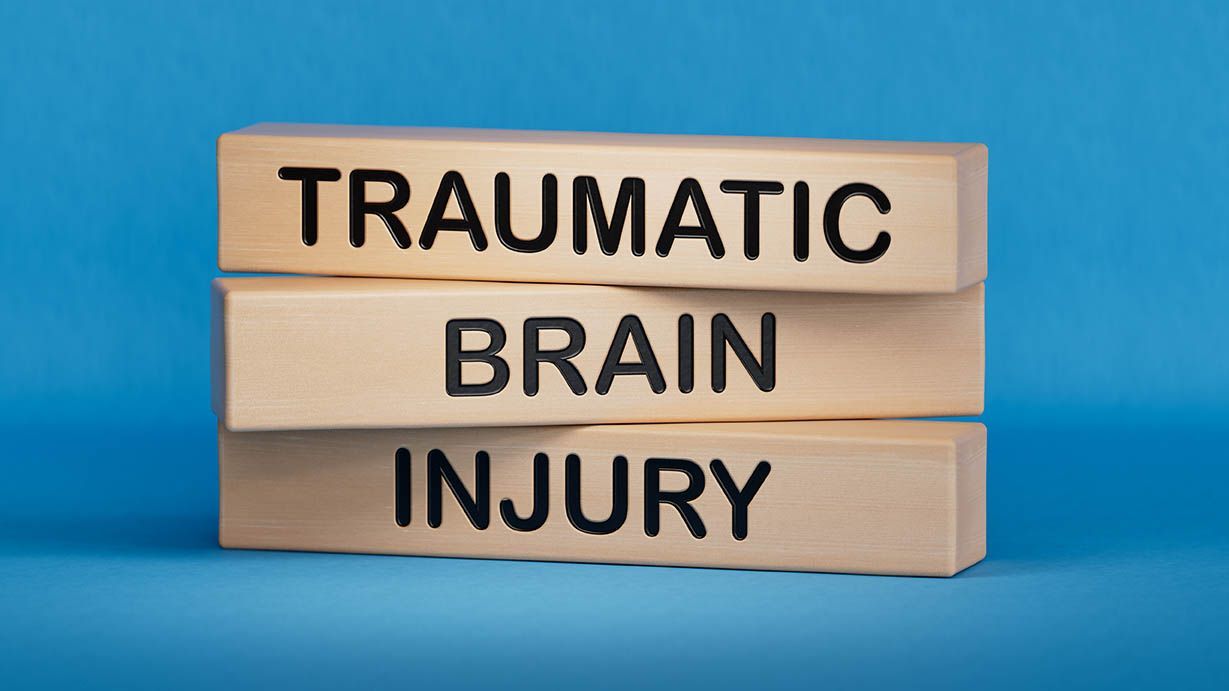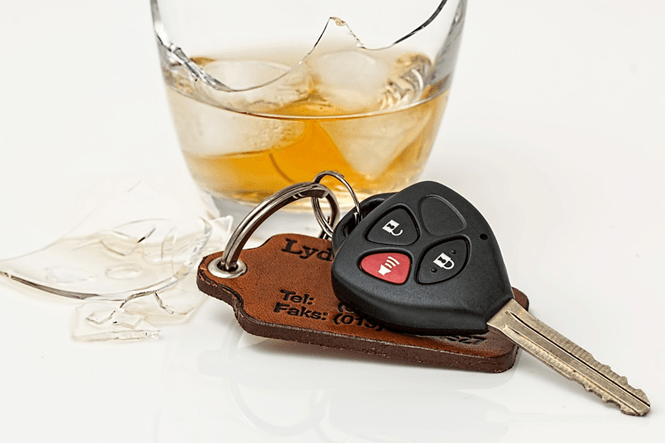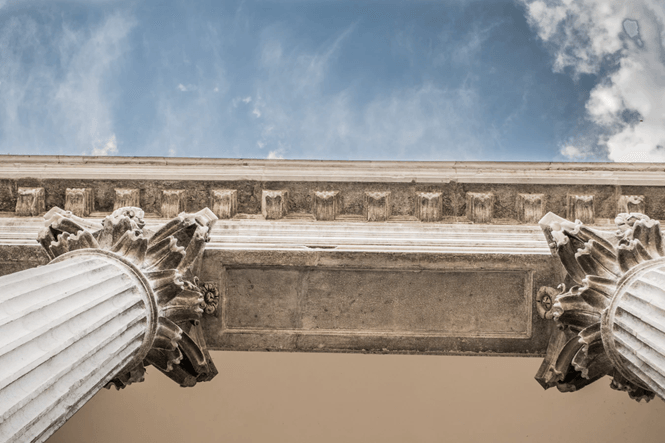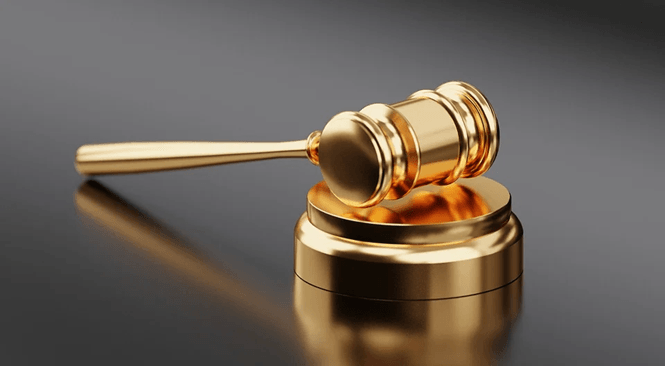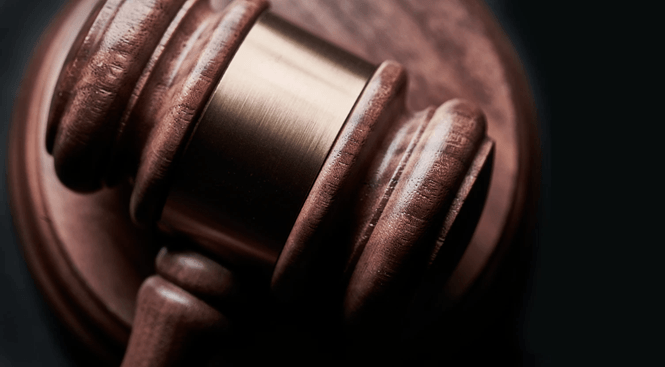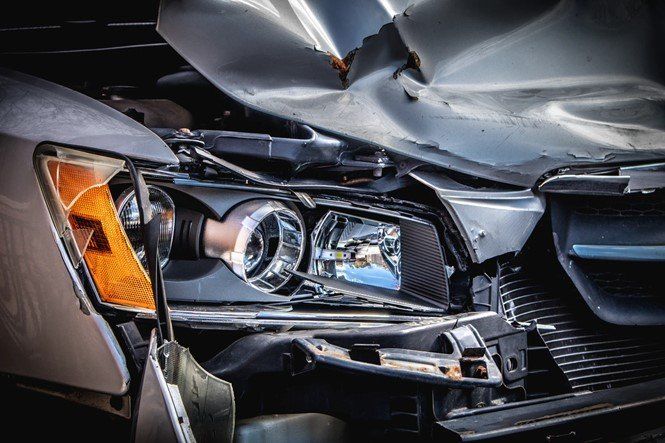BLOG
South Sioux City Legal Blog
Legal News from Fitch & Stahle Law Firm
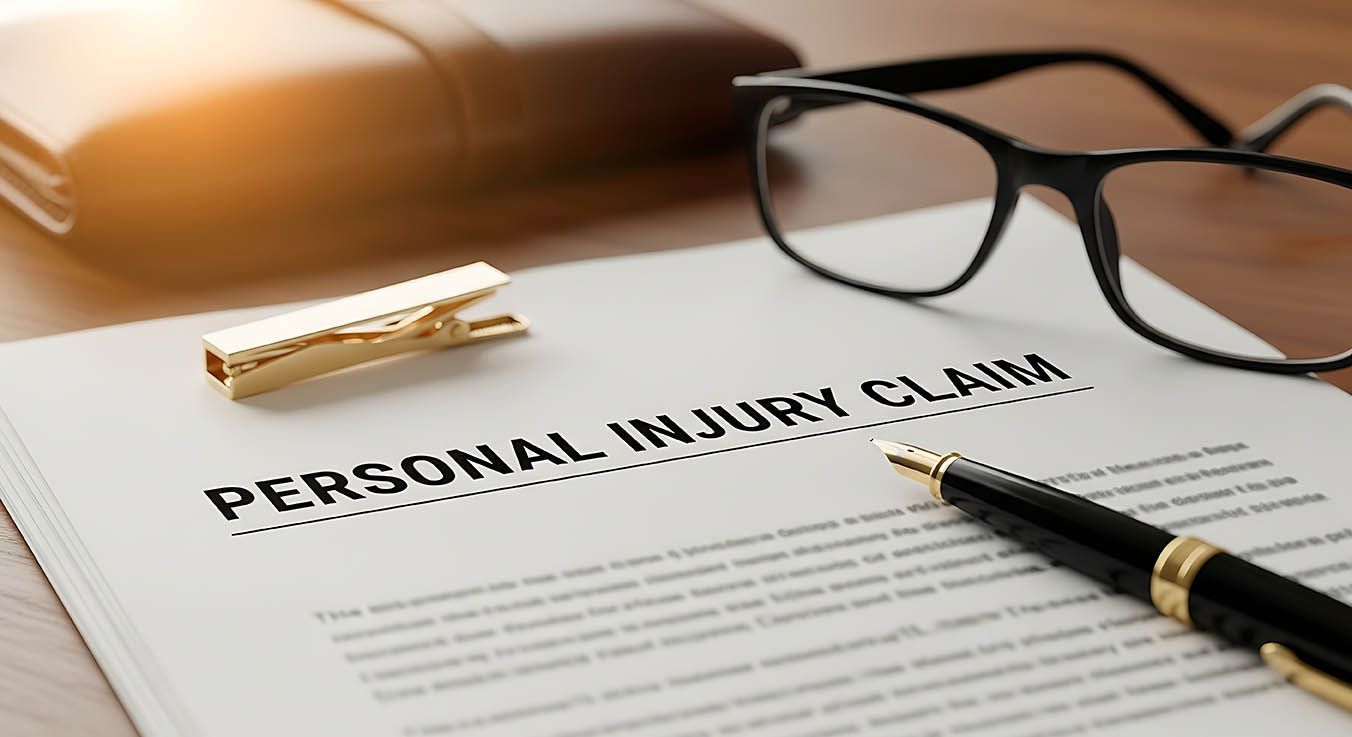
Getting hurt in an accident is overwhelming—physically, emotionally, and financially. Whether it was a car crash, a slip-and-fall, a dog bite, or a workplace incident, one thing is certain: what you do next can significantly affect your ability to recover compensation . At Fitch & Stahle Law Firm , we help injured people throughout South Sioux City , Sioux City , and the broader Nebraska-Iowa region understand their rights and take the right steps from day one. If you’ve been injured and suspect someone else is at fault, here’s how to protect yourself legally and financially. Step 1: Seek Medical Attention Right Away Even if your injuries seem minor, always get checked out by a medical professional as soon as possible after an accident. Why it matters: Some injuries (like whiplash or internal trauma) aren’t immediately obvious. Medical documentation is critical evidence in your personal injury case. Insurance companies will look at how soon you sought care to judge the severity of your injuries. Be sure to follow all treatment instructions and attend follow-up appointments. Gaps in care can be used against you later. Step 2: Report the Incident Whether it’s a car accident, workplace injury, or slip and fall, it’s important to officially report the incident: Car crash – Call the police and file a report. Workplace injury – Notify your employer in writing. Slip and fall or dog bite – Report it to the property owner or business manager. These reports create a verifiable timeline and paper trail that supports your claim. Step 3: Document Everything If you're able, gather as much evidence at the scene as possible, including: Photos of injuries, property damage, or the accident location Contact information for witnesses Notes on what happened, including time, date, and weather conditions Copies of any reports filed If you were too injured to document the scene, don’t worry—our legal team at Fitch & Stahle Law Firm can investigate on your behalf and gather evidence while it’s still fresh. Step 4: Don’t Speak to the Insurance Company Without Legal Advice Insurance adjusters might sound friendly—but their goal is to minimize payouts , not protect your interests. They may ask for a recorded statement or offer a quick settlement. Don’t take the bait. Before you sign anything or give a statement, speak with a qualified personal injury attorney . At Fitch & Stahle , we handle all communications with insurance companies so you don’t have to—and we won’t let them take advantage of your situation. Step 5: Know the Statute of Limitations in Your State Every state has a legal deadline for filing a personal injury lawsuit, known as the statute of limitations : Nebraska: 4 years from the date of the injury Iowa: 2 years from the date of the injury Some exceptions apply for cases involving minors or certain types of claims, but the bottom line is this: The sooner you act, the stronger your case. Step 6: Don’t Post About Your Case on Social Media What you post online can and will be used against you by insurance companies and defense attorneys. A seemingly harmless photo or post could be twisted to suggest you’re not as injured as you claim. Until your case is resolved, avoid posting about: Your accident Your injuries Your physical activities or travel Conversations with doctors or attorneys Step 7: Call a Personal Injury Attorney You Can Trust The most important thing you can do after an accident? Get legal help as soon as possible. A skilled attorney will: Investigate your case Prove fault and liability Calculate full damages (medical bills, lost wages, pain and suffering, etc.) Negotiate with the insurance company Represent you in court if necessary At Fitch & Stahle Law Firm , we treat your case with the care and urgency it deserves. We offer free consultations , and you pay nothing unless we win. Why Work with Fitch & Stahle Law Firm? ✅ Decades of experience helping injured people in Nebraska and Iowa ✅ Licensed in both NE and IA —we know the laws in both states ✅ Aggressive negotiators and trial-ready attorneys ✅ Personalized, compassionate service —you’re more than just a case file ✅ No legal fees unless we win We proudly serve clients throughout South Sioux City , Sioux City , and the surrounding Siouxland region. Whether you were injured on the road, on the job, or on someone else’s property—we’re here to help. Schedule Your Free Consultation Today If you’ve been injured, don’t wait to get the help you need. Let Fitch & Stahle Law Firm fight for your rights and secure the compensation you deserve. 📞 Call us now at 402-494-3012 🌐 Visit us online at fitch-stahlelaw.com 📍 Located in South Sioux City, Nebraska You only get one chance to recover the compensation you need— make it count with the right legal team on your side.
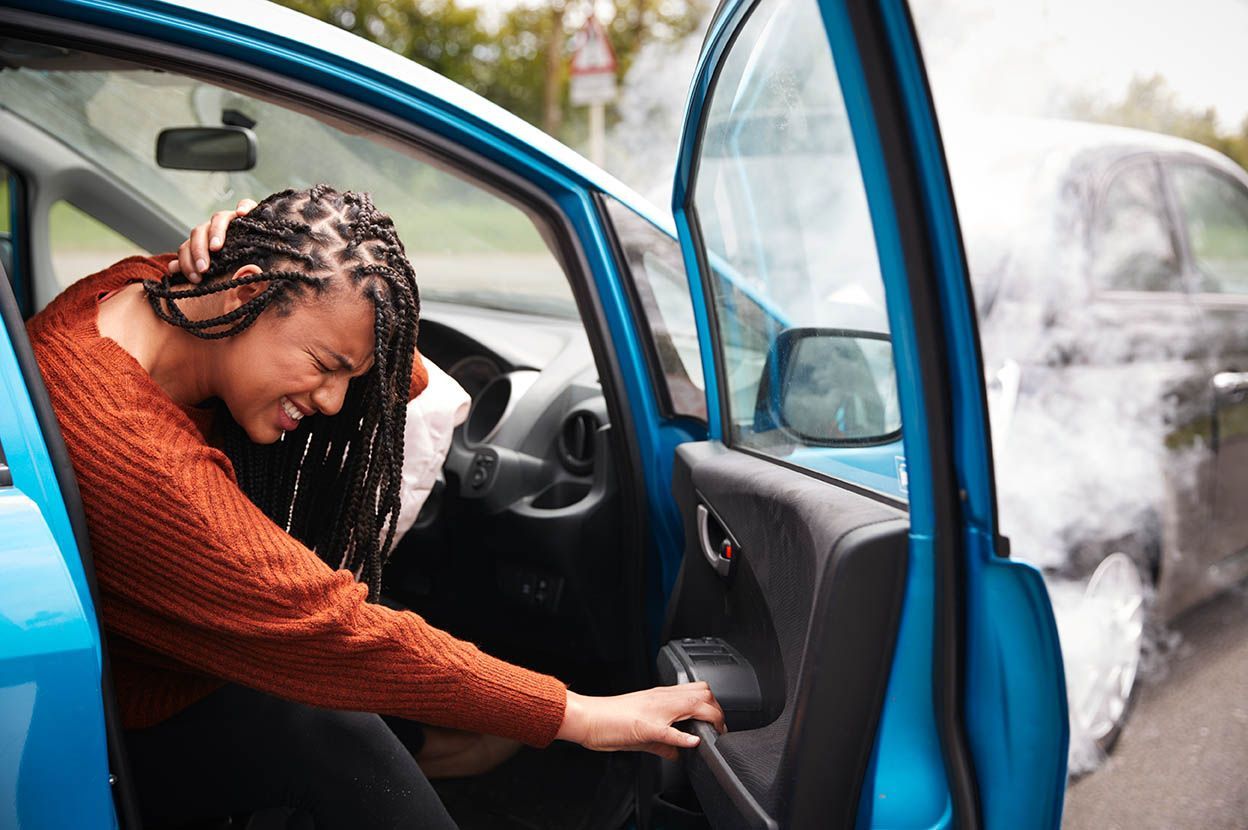
A car accident can change your life in a matter of seconds. One moment you’re commuting or running errands, and the next, you’re facing a wrecked vehicle, physical pain, and a growing stack of medical bills. It’s stressful, overwhelming, and often confusing—especially when you’re not sure what to do next. At Fitch & Stahle Law Firm , we help car accident victims in South Sioux City , Sioux City , and across Nebraska and Iowa understand their rights and recover the compensation they deserve. In this post, we’ll walk you through the critical steps to take after a crash—and how to protect your health, finances, and legal claim. Step 1: Prioritize Your Safety and Health Immediately after a crash, your safety comes first. If possible: Move your vehicle out of traffic Check yourself and others for injuries Call 911 for medical help and law enforcement Even if you don’t feel seriously hurt, get evaluated by a medical professional as soon as possible. Many injuries—like whiplash, concussions, or internal trauma—don’t show symptoms right away. A prompt medical exam not only protects your health, it also documents your injuries for your insurance claim. Step 2: Call the Police and File an Accident Report In both Nebraska and Iowa , it’s important to report any crash involving: Injury or death Property damage over $1,000 A hit-and-run or uninsured driver The responding officer will create a police report , which includes key facts like: Date, time, and location of the accident Statements from drivers and witnesses Diagrams or photos of the scene Initial assessment of fault This report becomes vital evidence in your personal injury claim. Be honest and factual—but avoid admitting fault or guessing what happened. Step 3: Gather Evidence at the Scene (If You Can) If you are physically able and it’s safe to do so, collect the following: Photos of vehicle damage, injuries, skid marks, and surroundings Driver’s license, insurance, and contact info of all involved Contact info for witnesses Notes about the weather, road conditions, and what you recall If you’re unable to collect this yourself, Fitch & Stahle Law Firm may be able to retrieve surveillance footage, witness statements, or crash data later—but the more you gather early, the better. Step 4: Notify Your Insurance Company Most policies require you to notify your insurer after a crash. However, you do not need to give a recorded statement , especially before speaking to a lawyer. Stick to the basics: Where and when the crash happened Who was involved That you’re seeking medical treatment Avoid discussing fault, injuries, or potential settlement values. Insurance companies often use early statements to downplay your claim later. Step 5: Call a Car Accident Lawyer—Before You Talk to the Other Driver’s Insurance The at-fault driver’s insurance company may reach out soon after the crash. They might offer a quick settlement or ask for a recorded interview. Don’t be fooled— their goal is to protect their bottom line, not your recovery . When you call Fitch & Stahle Law Firm , we: Handle all communication with insurance companies Protect you from saying something that hurts your case Calculate the real value of your damages Make sure you aren’t pressured into a lowball settlement We offer free consultations and don’t charge legal fees unless we win your case. Step 6: Keep Track of Everything Start a folder or digital log for your car accident claim. Include: Medical bills and records Receipts for prescriptions or medical equipment Notes from doctor visits Pay stubs showing missed work A journal of your pain levels, emotional struggles, or daily challenges This documentation helps prove pain and suffering , lost income , and the long-term impact of your injury. What Compensation Can You Recover? Depending on the circumstances, you may be entitled to compensation for: Emergency room care and medical treatment Physical therapy and future healthcare needs Vehicle repairs or total loss Lost wages or reduced earning capacity Pain and suffering Emotional distress Permanent disability or disfigurement If the at-fault driver was reckless—such as driving drunk or texting behind the wheel—you may also qualify for punitive damages . At Fitch & Stahle , we fight for the maximum compensation available under Nebraska or Iowa law. How Long Do I Have to File a Claim? It’s best to act early. Delays in filing can lead to lost evidence, unclear medical records, and a weaker case overall. Why Choose Fitch & Stahle Law Firm? We’ve spent years helping injured drivers in the Siouxland region get justice after devastating car accidents. Here’s why clients trust us: ✅ Local Experience : Based in South Sioux City , we know the roads, courts, and insurers in both Nebraska and Iowa. ✅ Full-Service Representation : From crash investigation to courtroom litigation, we handle every step. ✅ Licensed in NE & IA : Whether your accident happened on I-29, Highway 77, or in town, we’ve got you covered. ✅ No Upfront Fees : You pay nothing unless we win your case. Don’t Go Through This Alone—We’re Here to Help If you were injured in a car accident in South Sioux City , Sioux City , or anywhere in Northeast Nebraska or Northwest Iowa , don’t wait to protect your rights. The sooner you act, the stronger your claim. 📞 Call us now at 402-494-3012 🌐 Schedule your free consultation at fitch-stahlelaw.com 📍 Visit us at our South Sioux City office At Fitch & Stahle Law Firm , we fight for car accident victims every day—and we’re ready to fight for you.

